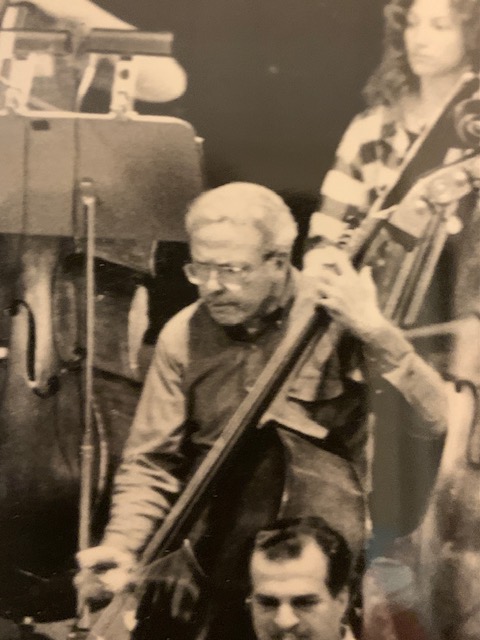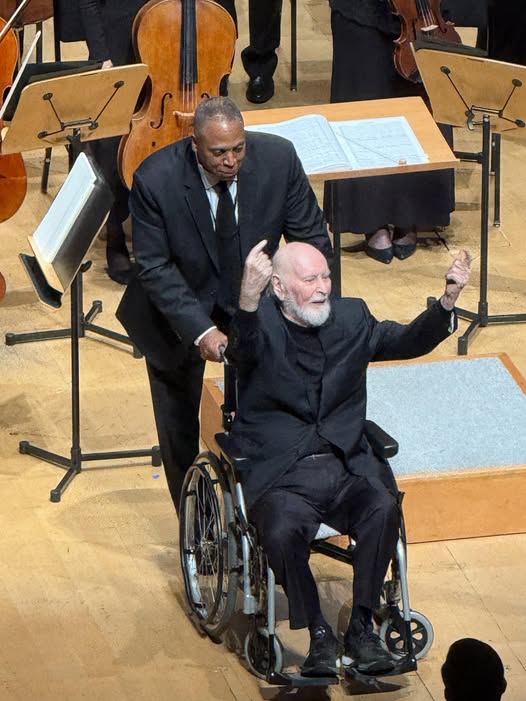If opera houses declare record results, why are they in trouble?
mainA few days ago, London’s Royal Opera House announced an impressive 12 percent income upturn, reaching a ‘record’ £127.5 million.
Today, the Vienna State Opera declares ‘record’ income of 34.01 million Euros.
Both companies are, at the same time, cutting costs and seeking savings wherever they can. Both demand more subsidy and private donations.
So, if there’s more money coming in, where is it all going?
Expensive new productions, apparently. New production costs at Covent Garden rose from £97.1m in 2013 to £104.6m in the year ended December 2014. That’s in a near-zero inflation, no-interest charge period.
Clearly, directors are making excessive demands. Rein them in, and opera can play to its strengths.






Comments